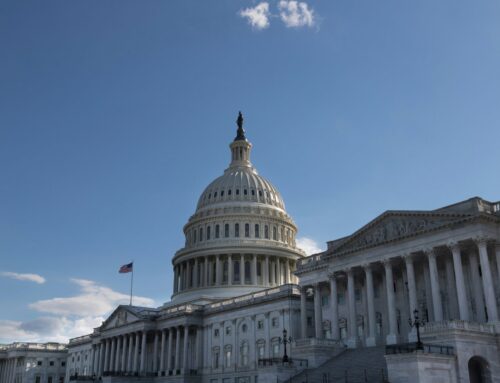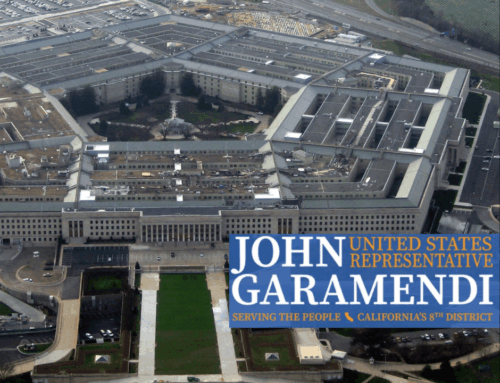This article by Alexander Bolton was first published in The Hill on February 14, 2019
The $333 billion spending package that Congress passed this week includes billions of dollars in emergency “contingency” spending for regular programs, raising the ire of budget watchdogs who call it a gimmick to get around spending caps.
Overseas contingency funding, which is more associated with troop deployments than diplomatic operations, is a controversial topic. It’s supposed to be used for unforeseen emergencies but often winds up being spent on predictable expenses.
It could become even more of a charged issue at a time when President Trump and Congress are squabbling over whether to find additional money to reprogram for border barriers.
About 15 percent of the funding provided for the State Department — or $8 billion — is provided through an Overseas Contingency Operations (OCO) fund, which critics say is a slush fund designed to evade the spending caps set by the 2018 Balanced Budget Act.
“We’re critical of OCO because it’s a slush fund, it evades the caps,” said Stephen Ellis, the executive vice president of Taxpayers for Common Sense, a nonpartisan group that tracks federal spending.
“They’re stuffing money in these accounts to end-run the budget caps set by the Bipartisan Budget Act of 2018, which to be clear was an increase over the cap levels set by the 2011 BCA,” he added, referring to the Budget Control Act, which Republicans claimed at the time as a major victory for fiscal discipline over then-President Obama.
Last year’s Bipartisan Budget Act increased the defense and nondefense discretionary spending caps by a total of $296 billion over 2019 and 2020.
The bill funding the State Department within the seven-bill package provides $3.2 billion in contingency funding for diplomatic programs, supplementing $5.8 billion in base funding for such programs, according to Taxpayers for Common Sense.
It also provides $989 million in OCO funding for peacekeeping activities, about double the $562 million in base funding for that account.
The State Department’s regular $2.5 billion Economic Support Fund is bolstered by $1.17 billion in OCO funding, while its $2 billion for the Migration and Refugee Assistance program is padded with $1.4 billion in OCO funding.
The Senate Appropriations Committee includes some of the most powerful members of Congress.
Sen. Patrick Leahy (D-Vt.), the ranking member of the Appropriations Committee’s state and foreign operations subpanel, negotiated the final seven-bill package with other senior appropriators in his hideaway on Monday evening.
A senator on the committee defended the emergency money for State Department programs by noting it was substantially less than contingency funding included in the defense appropriations bill that passed with strong support last year.
The lawmaker, who requested anonymity to discuss the decisionmaking that went into the bill, argued that the State Department deals with unpredictable foreign crises just as the Pentagon does.
Ellis, of Taxpayers for Common Sense, acknowledged that the Pentagon received more contingency funding last year but pointed out the total defense budget is much bigger than State’s budget.
“To have such a large percentage of the funds for these programs coming from OCO is ridiculous and is a budget dodge,” he said. “Two wrongs don’t make a right,” referring to the substantial OCO funding in the Defense bill preceded the State and Foreign Ops measure.










